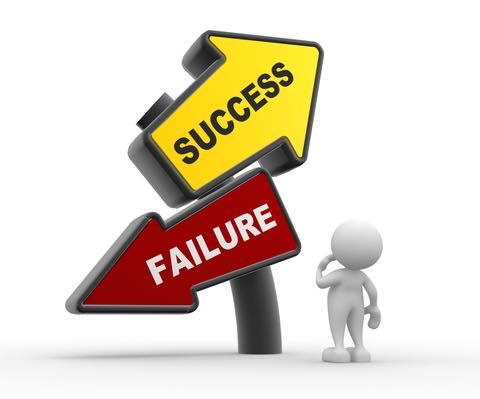In the classic 1964 Beatles movie, A Hard Day’s Night, Paul McCartney sang that “money can’t buy me love.”
Well, that’s debatable. But what isn’t up for discussion is that money, lots and lots of money, can’t necessarily buy a winning major league baseball team.
The New York Mets have the largest payroll by far of any team in the sport. Team owner and hedge fund gazillionaire Steve Cohen, is spending around $380-million dollars for his baseball players this year, and so far he must be wondering why his money can’t buy him success?
If you look at the teams with the top ten payrolls in the game, the New York Mets have the worst record.
On FanDuel, the online sports betting app, the Mets are now twelfth down on the list as favorites to win the World Series. They’re behind every team with a big payroll and a couple of teams with puny payrolls as well.
To add insult to injury the cheapskate Miami Marlins, with a payroll of barely $85-million, are ahead of them in the standings.
If he’s anything, Steve Cohen is a major league numbers guy, so he must know the Mets’ chances of making it to the playoffs this year are evaporating.
His players, coaches and managers could conjure up 380-million
excuses for their poor play; injuries, rule changes, players tired out from the winter’s World Baseball Classic or global warming. I don’t know about you, but global warming is my go-to excuse.
A couple of weeks ago in an interview with the New York Post, Cohen said he’s not about to blow up the team because “when things are going great, you are never as great as you think you are, and when things are going really bad, you are not as bad as you think you are.” Profound, indeed.
But what do you do, as a team owner, as an executive, when your players, your employees, that are supposed to be stars, aren’t cutting it?
I’m no HR guru, nor do I play one on TV, but I have had some experience leading a department, a division, a team of people, so to speak.
It used to be that the number one way to deal with an underperforming employee is by, are you sitting down, telling her or him the truth!
Once upon a time, you were praised for being direct, for being candid, for telling the employee they’re not pulling their weight (probably can’t use that reference anymore) and why. You were coached to tell employees exactly what is expected of them and what they need to do to improve.
Once upon a time, honesty was a good thing. But can you be honest with anyone, anymore? Will you be accused of bullying or of bigotry or of using your privilege to persecute your people? Will you be accused of not being on the same journey as the corporation? Whatever that means.
Many managers I know are walking on eggshells when they need to speak with an underperforming worker.
I wonder what Steve Cohen has told his underperforming, highly paid stars? He seems to be a very straightforward kind of guy, but I wonder what kind of feedback they’re getting from him and from their manager and coaches.
In this era of analytics overload, are underperforming athletes actually told specifically what is expected of them? Hey pal, if you don’t hit 20 homers this year our algorithm shows we will win eight fewer games. Hey buddy, if you allow an average of four runs a game, the metrics show we won’t make it to the playoffs. It’s time to step it up!
Who’s saying to those lagging Mets, let’s go?
Pat Riley, the great NBA basketball coach, once tried to motivate his team by plunging his head into a bucket of ice water for three minutes to make his players believe in the improbable.
He also said “Great players and great teams want to be driven. They want to be pushed to the edge. Ordinary players and average teams want it to be easy.”
What is a coach, a general manager, a team owner to do when his multi-million dollar ballplayers continue to disappoint?
Steve Cohen says he won’t “blow up” his team if they continue to fall short of expectations. But how far is he willing to go? Who’s pushing his players to the edge? Who’s going to plunge his head into a bucket of ice water?
It is indeed a confounding time to be a team leader, in sports and in the corporate world. Free-spending Steve Cohen is learning that money can’t buy him a sure-fire path to success.
Whether it’s at Citifield or at Citibank, whether it’s in Flushing or in Midtown Manhattan, you must have energized employees to be successful. Corporations and their leaders have swallowed so much of the equity, not equality, kool aid. They are so dedicated to the latest isms, they’ve sapped the energy from successful, knowledgeable and dedicated managers who are too afraid for their jobs and reputations to put up a challenge.
We urgently need a wake-up call when it comes to manager-employee relations.
In baseball, as in life, you have to believe your teammates deserve to be in the lineup, not due to their salary or the box they’ve checked.
Everyone has to believe they are playing to win.
Right now, jittery corporate managers are tap dancing on eggshells way too much. But they know if they stop, they’ll be doing the quickstep all the way to cancel town

